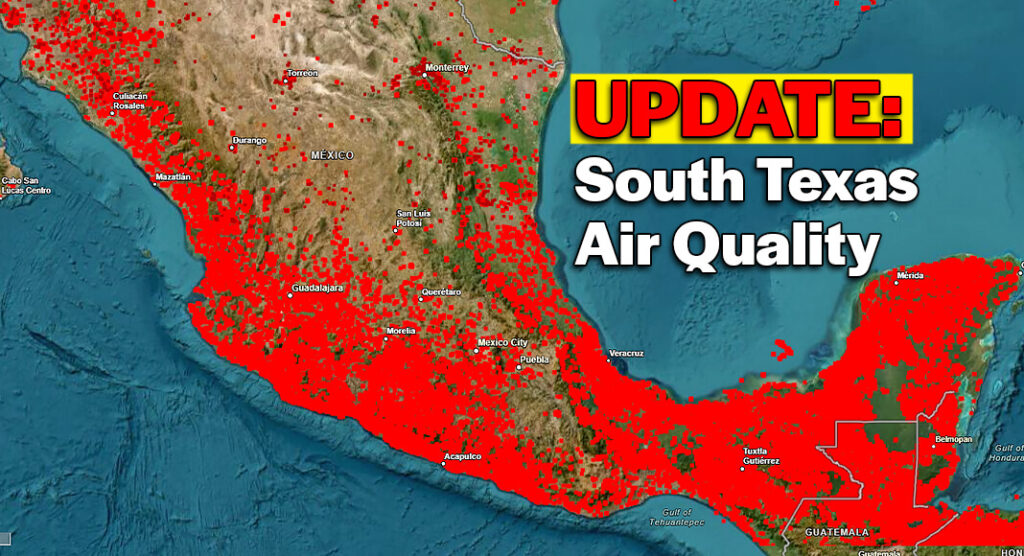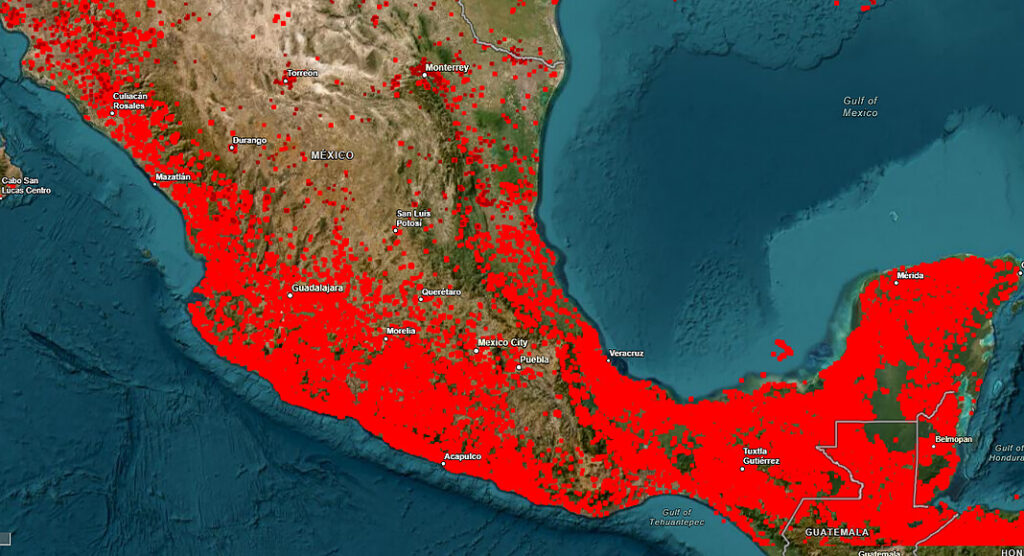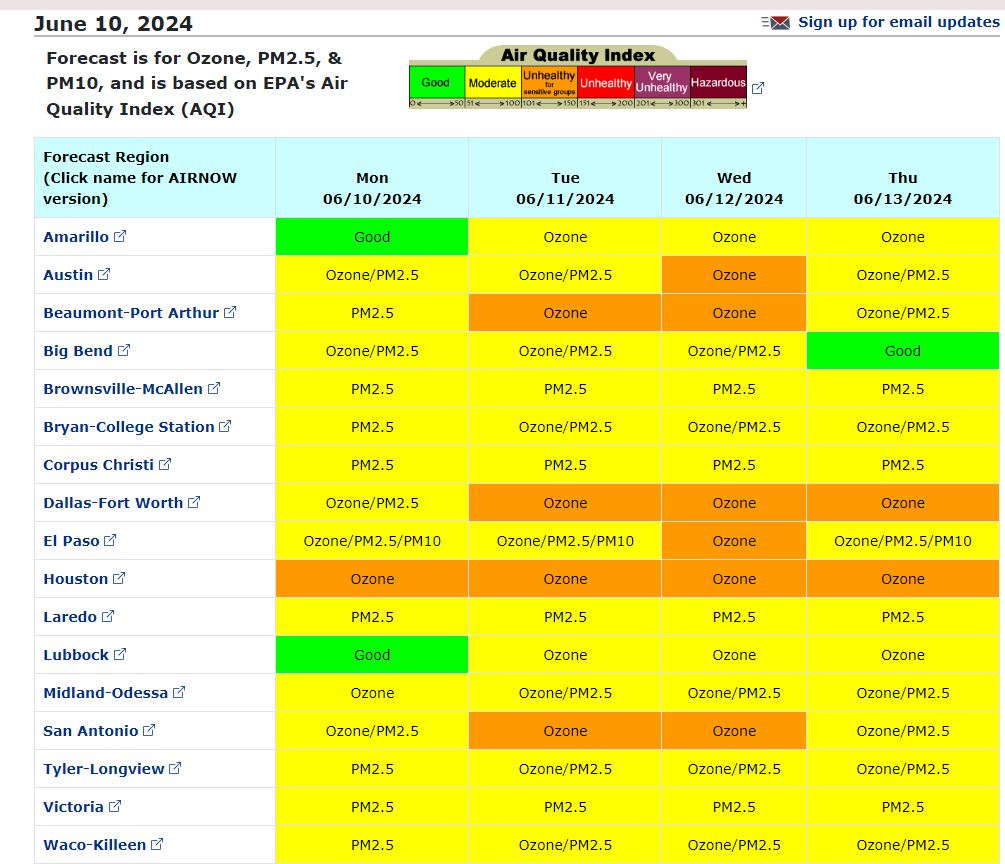
Mega Doctor News
By Roberto Hugo González
WASHINGTON, DC – Today, U.S. Congressman Henry Cuellar, Ph.D. (TX-28), a senior member of the House Appropriations Committee, released the following statement regarding South Texas air quality:
“The National Oceanic and Atmospheric Administration (NOAA) has informed my office that smoke from agricultural fires in Mexico and Central America has combined with remnant smoke from earlier fires to create a large area of moderate-density smoke over South Texas. This smoke, combined with increased moisture from the Gulf of Mexico, will keep conditions hazy over these areas,” said Dr. Cuellar. “Furthermore, the Texas Commission for Environmental Quality (TCEQ) has indicated a moderate level of fine particulate pollution (PM2.5) expected over several areas of Texas, including Laredo, Brownsville, and Corpus Christi through June 13. NOAA informed my office that annual agricultural burning generally ends in June, so I will continue to monitor the situation closely.”

Understanding Moderate Level of Fine Particulate Pollution (PM2.5) and Its Impact on Rio Grande Valley Residents
The term “moderate level of fine particulate pollution (PM2.5)” refers to the concentration of tiny particles in the air that are 2.5 micrometers or smaller in diameter. These particles are small enough to penetrate deep into the respiratory tract and reach the lungs. PM2.5 can come from various sources, including vehicle emissions, industrial processes, and natural events such as wildfires and agricultural burning.
For residents of the Rio Grande Valley, the presence of moderate levels of PM2.5 can have several health implications:

Respiratory Issues: Exposure to PM2.5 can aggravate respiratory conditions such as asthma and bronchitis. People with pre-existing respiratory conditions may experience increased symptoms like coughing, wheezing, and shortness of breath.
Cardiovascular Problems: Fine particulate matter can also affect the cardiovascular system. Studies have shown a correlation between PM2.5 exposure and increased risks of heart attacks, strokes, and other cardiovascular diseases.
Vulnerable Populations: Certain groups, including children, the elderly, and individuals with pre-existing health conditions, are more susceptible to the adverse effects of PM2.5. These populations should take extra precautions during periods of moderate pollution.
Long-Term Health Effects: Prolonged exposure to elevated levels of PM2.5 can lead to chronic respiratory and cardiovascular diseases, reduced lung function, and can even affect cognitive functions over time.
Given the moderate level of PM2.5 pollution forecasted for South Texas, including Laredo, Brownsville, and Corpus Christi, residents should be aware of their local air quality and take necessary precautions. This may include limiting outdoor activities, especially strenuous exercise, during times when PM2.5 levels are high, and using air purifiers indoors to reduce indoor pollution levels.
Congressman Cuellar’s update highlights the importance of monitoring air quality and staying informed about potential health risks associated with air pollution. As the agricultural burning season comes to an end in June, it is anticipated that air quality will improve. However, ongoing vigilance and proactive measures are essential to protect the health and well-being of the South Texas community. Please share this article to your network as soon as possible.










